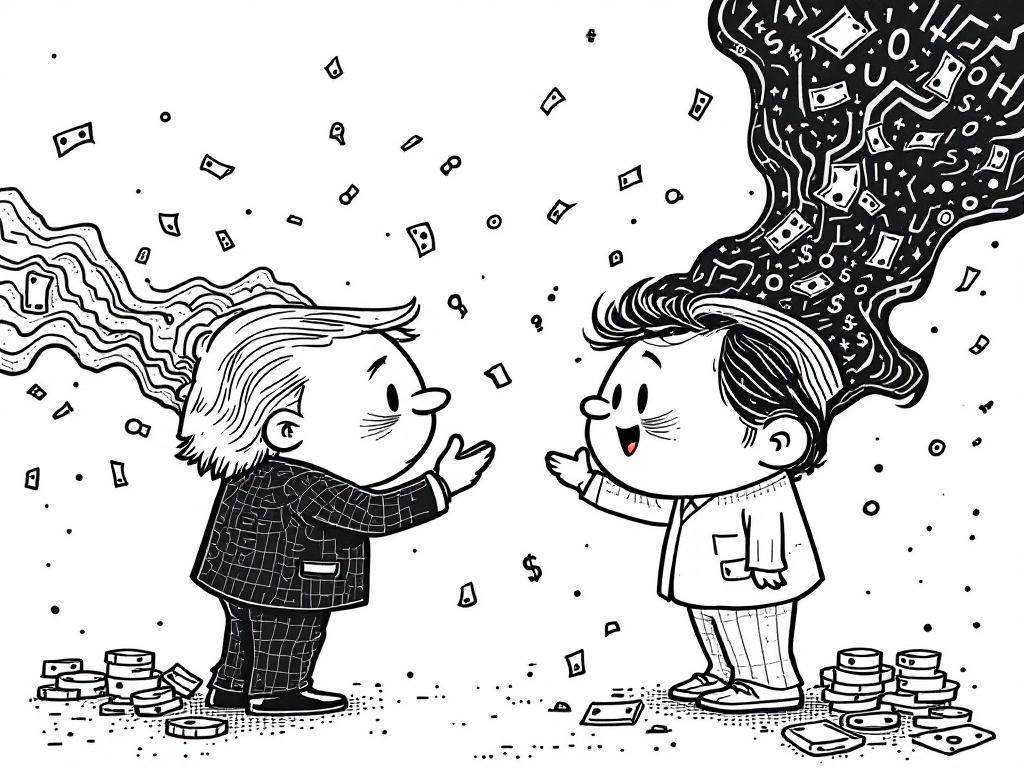Stalled U.S.-Japan Tariff Talks Raise Concerns of Economic Impact

Tokyo, Saturday, 5 July 2025.
Japan postpones sending its negotiator to the U.S. amid stalled tariff talks, potentially impacting trade relations and market stability. Businesses await clear trade guidelines for future planning.
Stalled Negotiations and Uncertain Future
The recent postponement of Japan’s chief tariff negotiator’s trip to the United States highlights the uncertain future of U.S.-Japan trade relations. The decision was made after a pause in communication from the White House, as President Donald Trump announced potential tariffs of up to 70% due to stalled talks [1][2]. The delay not only impacts diplomatic relations but also puts a question mark over the economic stability of both countries, with businesses eagerly waiting for clearer trade guidelines to plan their future strategies [1].
Focus on Automobile and Rice Trade
A significant sticking point in the negotiations has been the U.S. request for Japan to increase imports of American cars and rice. Despite Japanese promises to purchase more natural gas from the U.S., automotive and rice trade remain unresolved issues. Trump’s remarks on July 1, 2025, suggested skepticism about finalizing a deal before the July 9 deadline [2][3]. As this deadline looms, experts criticize the Japanese strategy of offering concessions on peripheral issues rather than addressing key areas of contention [3].
Economic and Political Implications
The implications of unresolved tariffs extend beyond economic concerns, affecting political dynamics as well. Japan, having a $68 billion trade deficit with the U.S. in 2024, faces significant pressure. Prime Minister Shigeru Ishiba, while ready to prioritize national interests, also confronts internal political challenges with an upper house election slated for July 20, which could further complicate negotiations [4][5]. Any failure to reach a consensus could backfire, affecting Japan’s export-driven economy, especially sectors like automobiles and electronics that heavily rely on U.S. markets [3][5].
Prospects and Deadlock
With the Trump administration’s tough stance and Japan’s cautious approach, the prospect of reaching a trade agreement before the July 9 deadline remains bleak. Should the talks fail, tariffs of up to 35% on Japanese goods, which include cars and agricultural products, are a likely consequence [4][6]. This tension between protectionist policies and free trade principles complicates matters, with both nations needing to navigate this economic minefield carefully to avoid exacerbating trade imbalances [5].
Sources
- www.asahi.com
- www.nytimes.com
- www.aljazeera.com
- www.supplychaindive.com
- www.asahi.com
- www.reddit.com